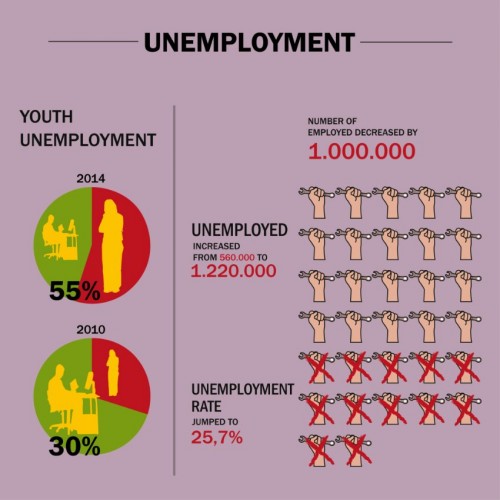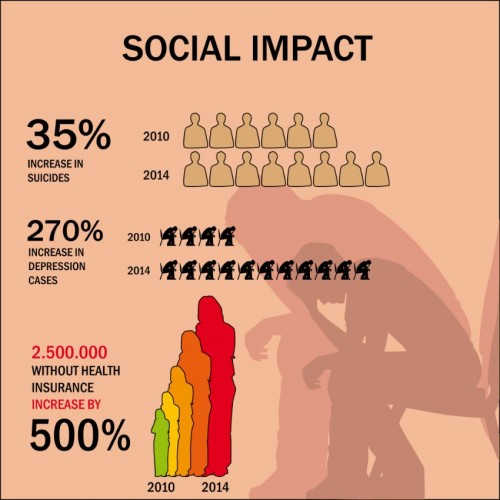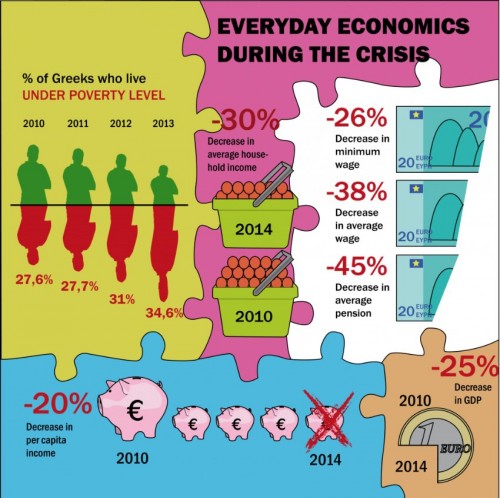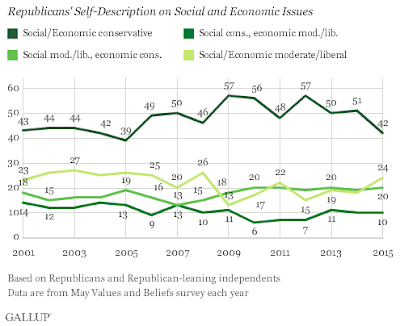Originally posted at The Society Pages’ Discoveries.
Ten years ago, sociologist Penny Edgell and her colleagues published a surprising finding: atheists were the most disliked minority group in the United States. Americans said atheists were less likely share their vision of Americans society than were Muslims, gays and lesbians, African Americans, and a host of other groups — and that they wouldn’t like their child marrying one.
But that was a decade ago. Today, fewer Americans report a religious affiliation and, in the intervening years, many non-religious groups have made efforts to improve their public image.
So, have things gotten better for atheists? The authors recently published the findings from a ten-year follow up to answer these questions, and found that not much has changed. Atheists are now statistically tied with Muslims for the most disliked group in the United States. Despite an increased awareness of atheists and other non-religious people over the last decade, Americans still distance themselves from the non-religious.

This time around, the authors asked some additional questions to get at why so many people dislike atheists. They asked if respondents think atheists are immoral, criminal, or elitist, and whether or not the increase in non-religious people is a good or bad thing. They found that one of the strongest predictors of disliking atheists is assuming that they are immoral. People are less likely to think atheists are criminals and those who think they are elitist actually see it as a good thing. However, 40% of Americans also say that the increase of people with “no religion” is a bad thing.
These findings highlight the ways that many people in the United States still use religion as a sign of morality, of who is a good citizen, a good neighbor, and a good American. And the fact that Muslims are just as disliked as atheists shows that it is not only the non-religious that get cast as different and bad. Religion can be a basis for both inclusion and exclusion, and the authors conclude that it is important to continue interrogating when and why it excludes.
Amber Joy Powell is a PhD student in sociology at the University of Minnesota. Her current research interests include crime, punishment, victimization, and the intersectionalities of race and gender. She is currently working on an ethnographic study involving the criminal justice response to child sexual assault victims.
















